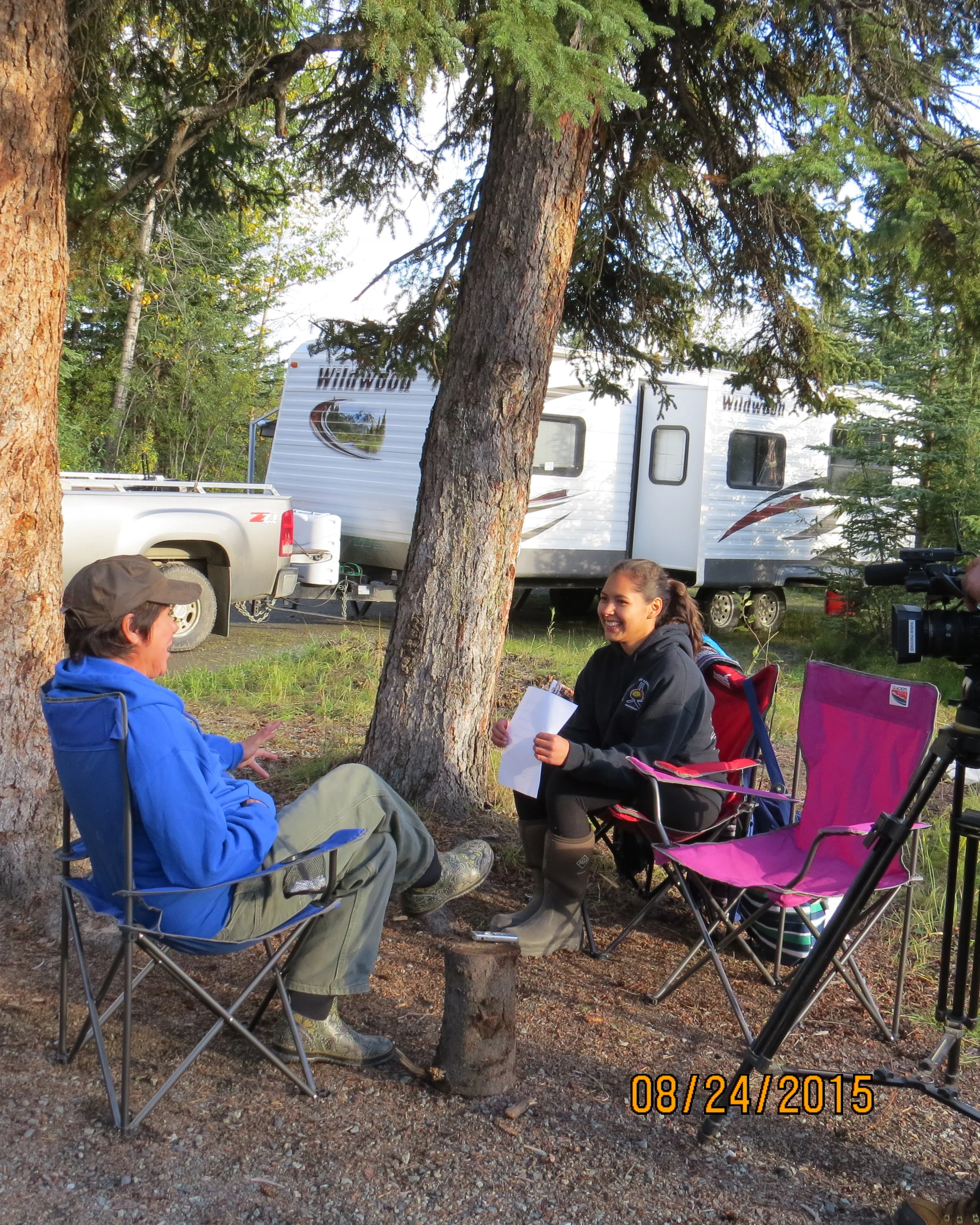Community Based Research
Community-based research (CBR) is a participatory approach where research projects are driven by community priorities and the community is involved throughout the entire research process: from writing the project proposal to analyzing the results to taking action using the research outcomes. CBR, also known as Participatory Action Research (PAR), as well as Community-Based Participatory Research (CBPR) in the USA, is founded on six core principles (1).
CBR is:
Participatory
Cooperative by engaging community members and researchers in a joint process in which both contribute equally
A co-learning process
A method for systems development and local community capacity building
An empowering process through which participants can increase control over their lives by nurturing community strengths and problem-solving abilities
A way to balance research and action
Resource:
Minkler, M., & Wallerstein, N. (Eds.). (2010). Community-based participatory research for health: From process to outcomes. John Wiley & Sons.
Principles of Community-Based Research (CBR) for the Yukon:
In the Yukon, CBR is built on respect, caring, and sharing where communities, practitioners, and researchers have mutual goals and excitement about the work and recognize one another's strengths and contributions. In 2012, the Arctic Institute of Community-Based Research (AICBR), in collaboration with others with a vested interest in northern community research, developed a list of principles and values that reflect the nature of community-based research in Canada's North. This set of principles is what guided AICBR’s work.
Principles:
Community members and researchers work together in all stages of the projects.
Community members/research participants are actively involved in decisions about the research process from the beginning; and the process is responsive to cultural and community values.
The research process strives for consensus and enables participation for all people.
The relationship between researchers and community members is built on respect, trust, and learning with and from each other.
The research project lays the groundwork for the exchange of knowledge, skills, resources, and ownership between stakeholders and within a mutual agreement.
Those involved in the research project have the responsibility to provide reciprocity.
The research process builds the capacity of community people to participate in and use the knowledge produced by the research.
There is continuous discussion/verification of data between all partners in order to generate meaningful, useful, and accessible results to inform community actions.
The research benefits and serves the community directly and addresses their interests and needs.
Research builds on and contributes to the strengths and resources of the community.
Health is addressed from positive, ecological and cultural beliefs and values.
Defining Community
At the gathering, AICBR also worked with partners to come up with a common understanding of community.
Community is….
In the Yukon, the primary community for AICBR is a community of place, where all living things are connected ecologically and spiritually - the people, the land, animals and plants in rural and urban locations. AICBR recognizes that all those living in the Yukon belong to several different communities - they connect to others with similar interests; such as others who speak the same language, have the same history, belong to the same profession, care about the same problem, work together or go to school together. Both communities of place and communities of interest are evolving and dynamic.

